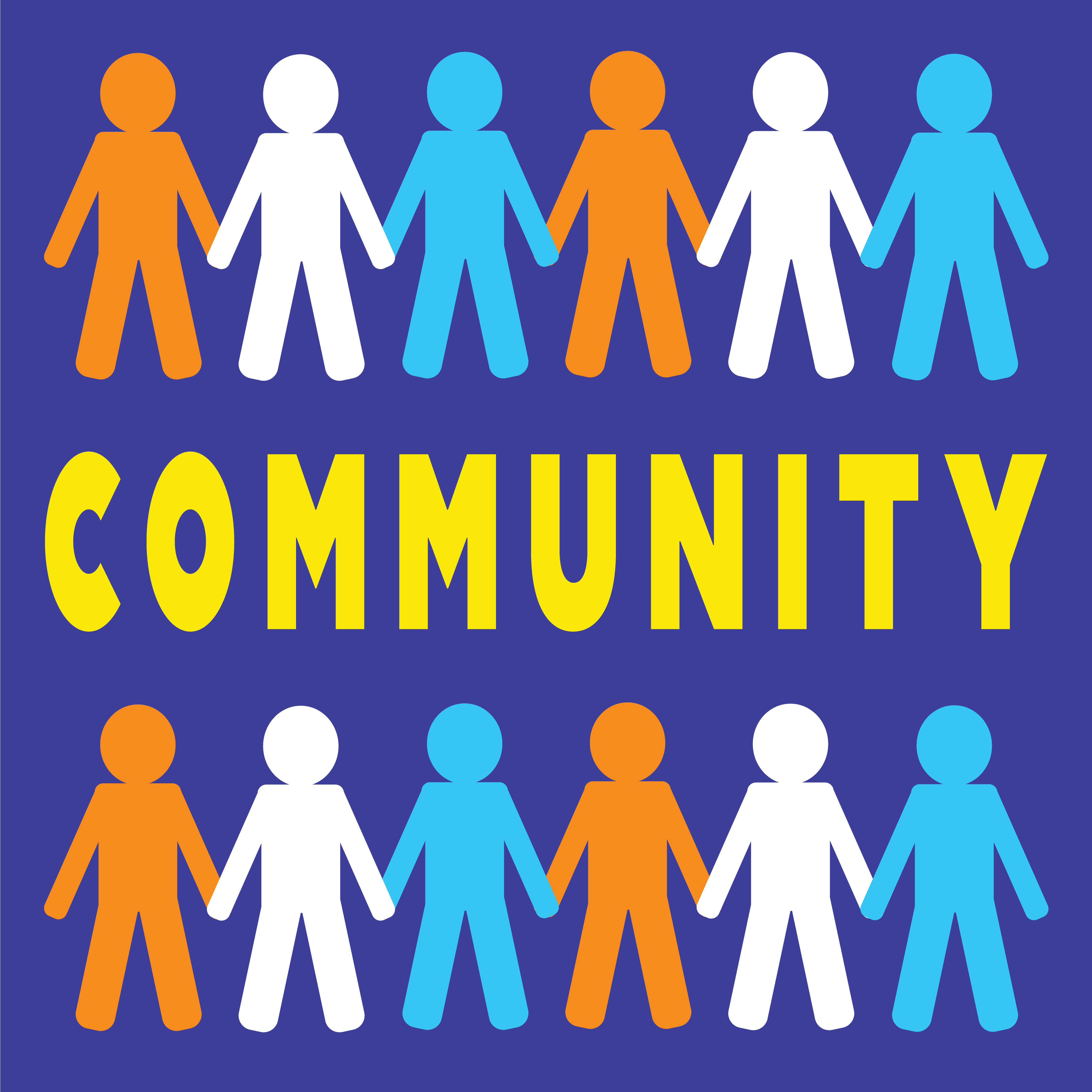By: Howard Mansfield
Times of upheaval release new ideas. Old routines falter, are challenged, and may be overturned. The pandemic has scrambled the old order, making change possible. We are reinventing the office, increasing pay for “essential” workers, questioning police practices, and trying to root out systematic racism.
Swept up in changes that leave so many of us feeling adrift and unsettled, t’s important to remember that we’ve always had this churning in America. Change is our tradition. The early 19th Century saw a feverish era of reform, utopias, and new religions. There were many experimenters in the land. Americans were once full of the mad energy of Utopianists, as if they were convulsed by the falling away of boundaries, driven crazy with possibility. They produced an astonishing array of utopias and religions, almost at the rate Ford once rolled new models and styles off the assembly line, new ideas about sharing property, work, and love.
“We are all a little wild here with numberless projects of social reform. Not a reading man but has a draft of a new Community in his waistcoat pocket,” Ralph Waldo Emerson wrote to Thomas Carlyle in 1840. “One man renounces the use of animal food; and another of coin; and another of domestic hired service; and another of the State; and on the whole we have a commendable share of reason and hope.” Emerson’s own friends were planning an experimental commune. “I am gently mad myself, and am resolved to live cleanly,” said Emerson, but he would not join. His close friend Henry David Thoreau would conduct his own experiment in living, arriving at Walden Pond on Independence Day in 1845.
What became of those 19th Century experiments?
- Some upstart, raucous religious awakenings and revivals became some of the mainline religions we know today; others burned bright and hot, before disappearing. The Methodists and Universalists are familiar to us, but you won’t find a church nearby for the Janssonists, Dorrilites, Dancing Johnites or scores of other small bands of believers.
- Many utopias ended in folly, foundering on the most basic needs, like food and shelter. You can proselytize for a grand reordering of society, but first someone has to be able to grow a carrot and patch the roof to keep out the rain. The Shakers were America’s most successful utopia, thriving in 19 communities, and leaving us their impressive realization of a heavenly order on earth in every, tool, chair, box or meetinghouse they built, and in the 10,000 songs they “received.”
- The reform movements for the abolition of slavery, for temperance, and women’s rights were a marathon races. Each transformed America.
These social experiments have important lessons for us today: It takes many people in debate to reform society. There is rarely a clear, neat path. Reform and change isn’t a railroad running from station to station. It’s never the tidy textbook history. Sometimes reforms don’t arrive where the reformers want. The temperance movement’s success with Prohibition was its undoing.
We need to recognize that we may be in a new era of experimentation. We have to give these experiments room to grow or fail. We need let people try many things, even if they may be contradictory.
Too often we make ourselves dizzy chasing trends. After a few months we’re too ready to call a movement or a new design for life, out of fashion, over – It’s so 2020. We move on. But it takes time to go from protest to legislation to a real change in behavior. A lot of time.
We also need to let ideas fail. They may need to fail to clear the way for reinvention, for another try. “The business of social change is tough. You never get all you go for, and you usually don’t get credit for what you do get,” says David S. Meyer, a professor of Sociology, and the author of How Social Movements (Sometimes) Matter.
And change isn’t a story that can be told in the blip of a sound bite. “We tell shorter stories about movements (Rosa Parks sat down, the world stood up) because we lack patience and context, and the shorter stories are more inspiring,” says Meyer. “It’s never one event, action, demonstration, statement, or lawsuit that makes the difference; rather, it’s an accumulation of efforts. All victories take forever. And they’re never enough, and certainly not necessarily permanent.”
All reforms are unfinished. Slavery was abolished, yes. But what is freedom? What is equality? And what was is owed to the formerly enslaved and their descendants? We’re still facing those questions today.
The lesson from previous eras of upheaval is that those dreams took rough strife and patience to give us renewed rights and new possibilities. The reform movements of the past could be ugly, upsetting and wasteful, but they got us to today. And just where is that? At the starting line. America is always at the starting line.
The takeaway is this: Give the reforms of our pandemic era time. Let things fail; let things restart.
About The Author
Howard Mansfield writes about history, architecture, and preservation by sifting through the commonplace and the forgotten to discover stories that tell us about ourselves and our place in the world. He is the author of a dozen books, including the just-published Chasing Eden: A Book of Seekers (Bauhan Publishing).






